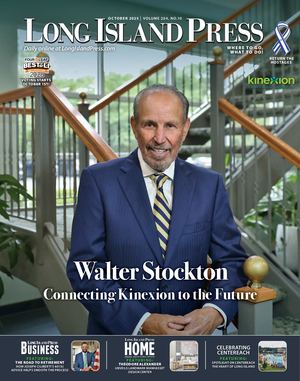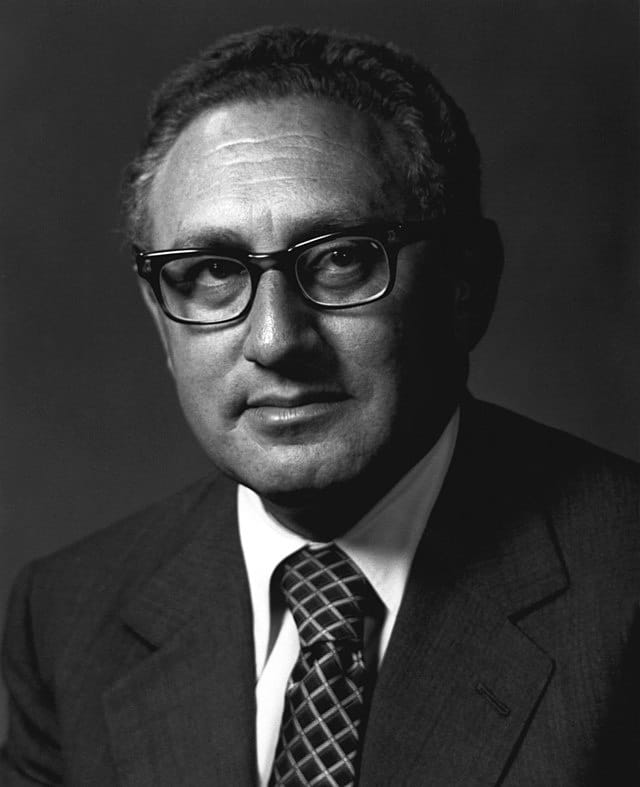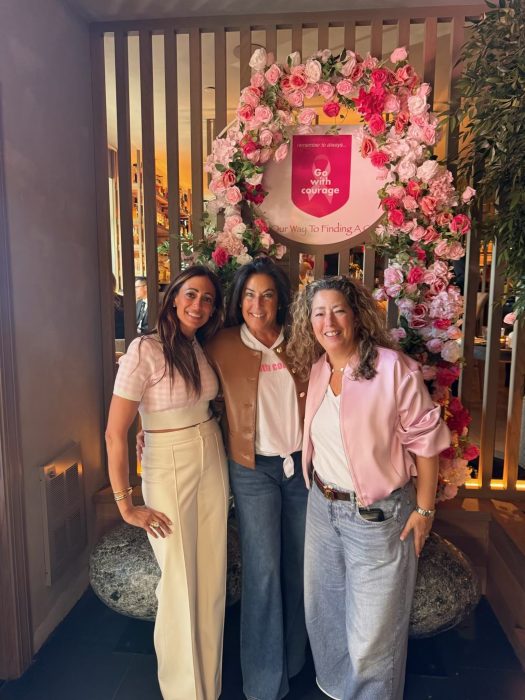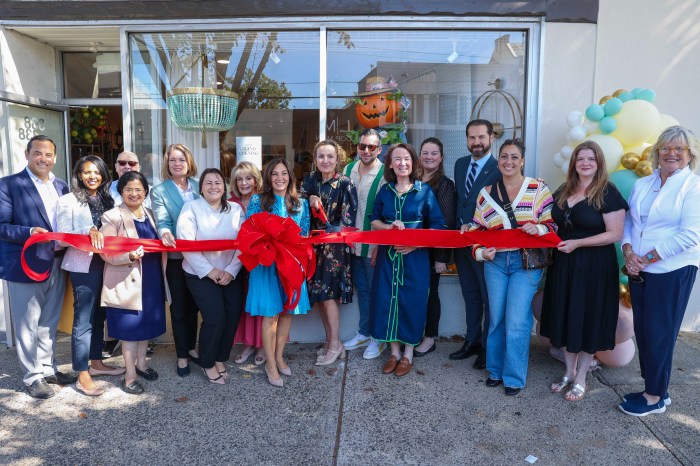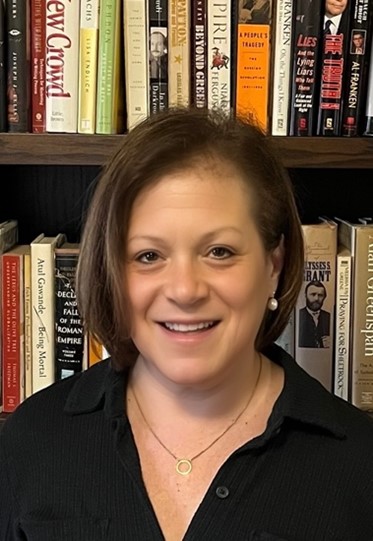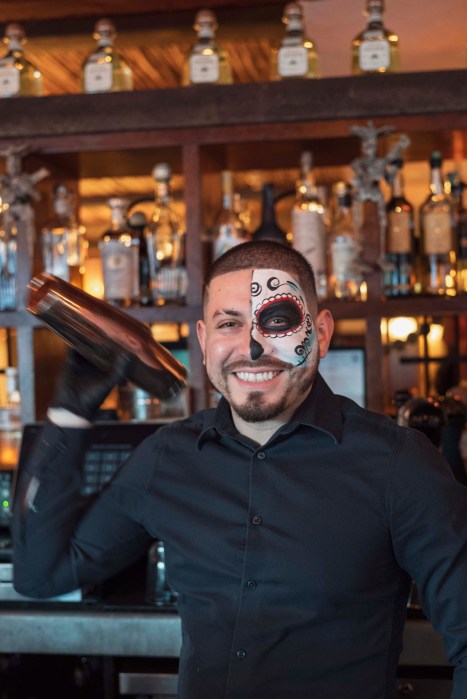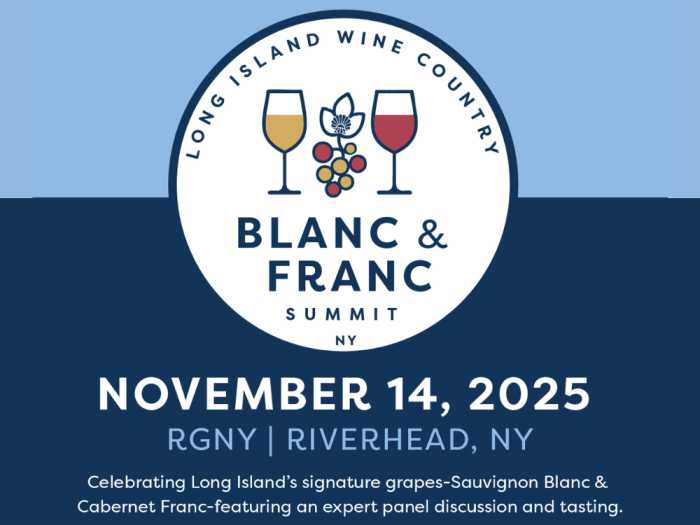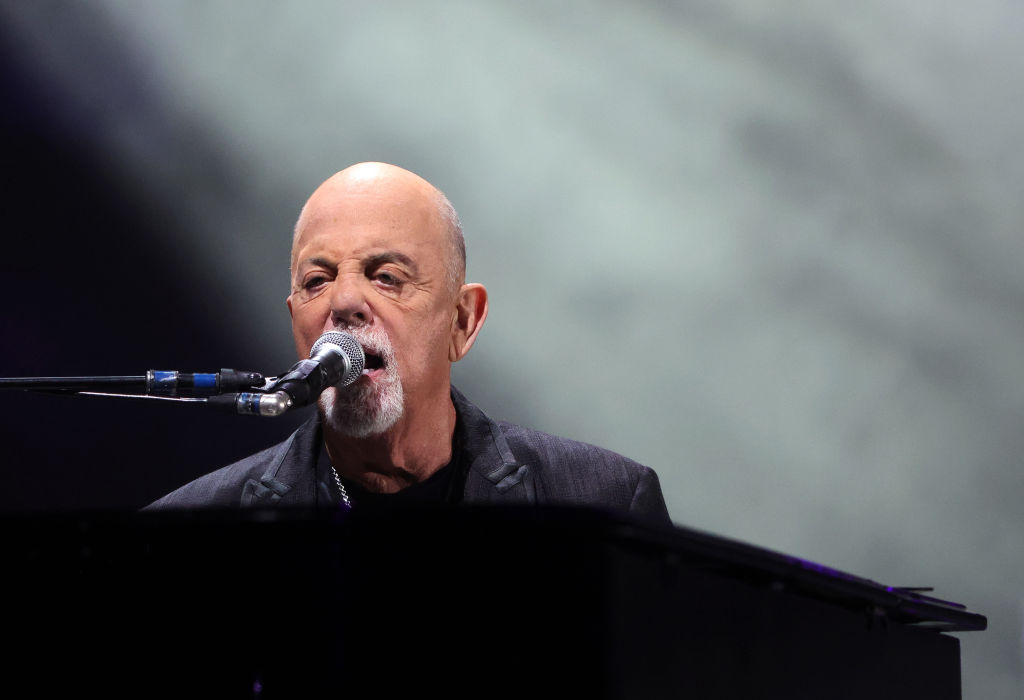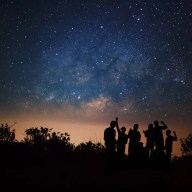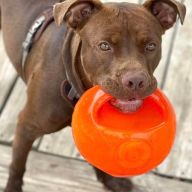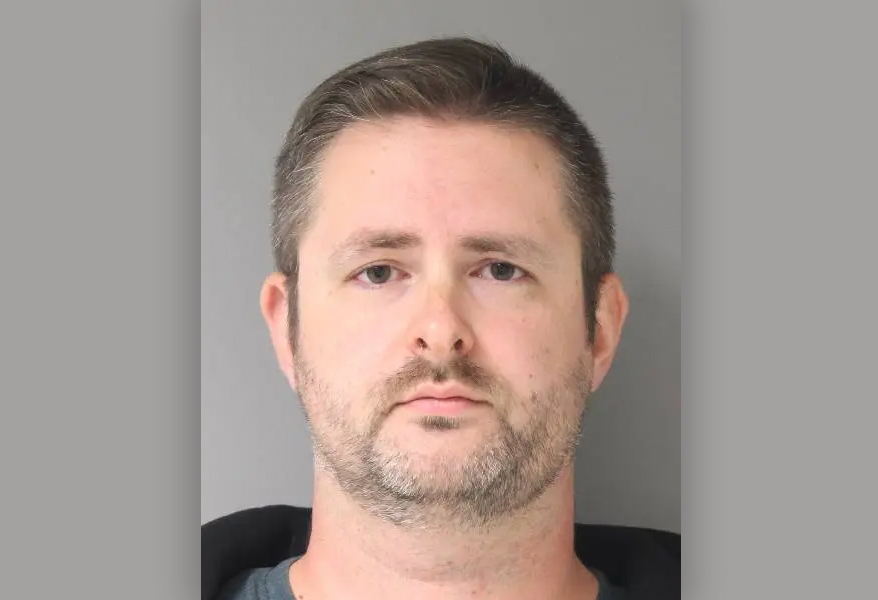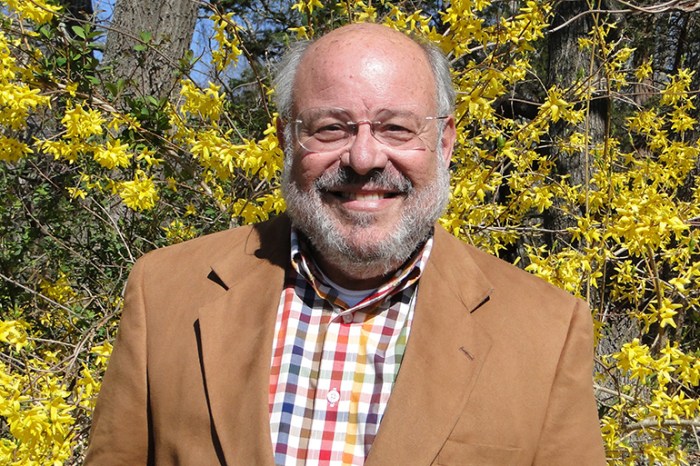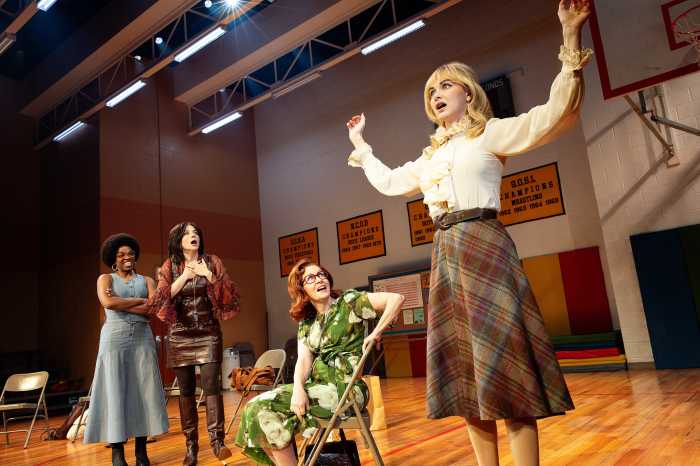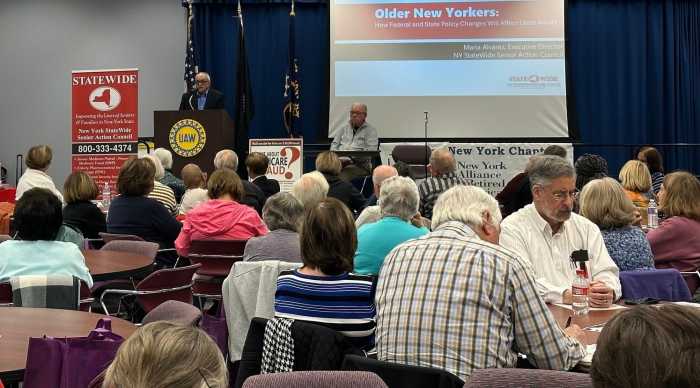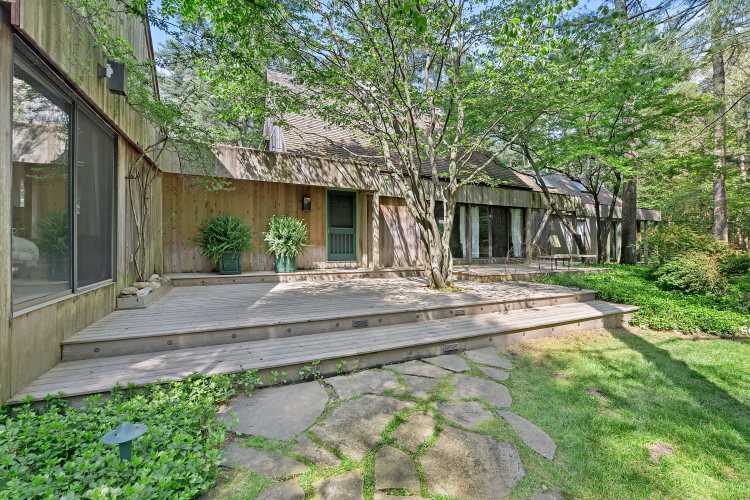Recalling a Temple Beth Sholom lecture
Henry Kissinger, the famed diplomat who died recently at age 100, was not a native New Yorker. He was born in Furth, Germany. In 1938, when his family fled that country for the United States, the teenage Kissinger was defiant. “I’ll be back,” he told a German official.
And that he did. He went back to Germany all right, eventually as the Secretary of State of the United States of America.
When the Kissinger family moved to America, they settled in Manhattan’s Washington Heights neighborhood. Kissinger attended George Washington High School and worked downtown as a manual laborer. A lifelong sports fan, Kissinger was infatuated with baseball and became a Yankees’ fan. His later fame allowed him to become friends with Joe DiMaggio. That might have been a bigger thrill to the man than negotiating with heads of states.
As with many ambitious New York youths, Kissinger attended The City College of New York before transferring to Harvard, where he eventually earned a Ph.D. and a position at his alma mater. A restless academic, Kissinger founded a publication, Confluence, while authoring several books, including Nuclear Weapons and Foreign Policy, which landed the young professor on page one of The New York Times.
Politics, too, came calling. For years, Kissinger was the foreign policy advisor to New York Governor and perennial presidential candidate Nelson Rockefeller. In 1968, Rockefeller lost the GOP nomination to Richard M. Nixon, who when elected, promptly named Kissinger as his National Security Advisor even though the two had never met.
Thus began an unlikely partnership that changed the direction of the Cold War. The opening to China was Nixon’s idea. However, he sent Kissinger, not Secretary of State William Rogers to Mainland China. The photo of this bespectacled academic walking along the Great Wall of China became iconic. Ahead was the shuttle diplomacy in the Mideast that laid the groundwork for the Camp David Accords, the outline of the Panama Canal Treaty, the withdrawal from Vietnam and a Nobel Prize.
Kissinger enjoyed life as a celebrity. An academic one day, world famous the next. He also enjoyed squiring around the actress Jill St. John, especially when Soviet Premier Leonid Brezhnev visited America. It was all for show, but good-humored, nonetheless.
Kissinger remained a prolific writer, penning thick memoirs of his White House years, plus a valuable history of China, just as that sleeping giant began to take center stage as a world power.
Along the way, Henry Kissinger came to Roslyn.
That happened in the spring of 2000, when he was invited to lecture at Temple Beth Sholom. Recollections? Kissinger was 77 years old at the time, a stocky man who enjoyed these suburban surroundings. During his talk, he referred with real feeling to the devastation that any nuclear war would bring to not just this country, but the world. He recalled the agony of America’s final days in Vietnam. As Secretary of State, Kissinger had to oversee the evacuation of the U.S. Embassy in Saigon, the final humiliation in America’s first ever defeat in a foreign war.
Kissinger was mostly casual and at home. He kept referring to world leaders in first person, “Golda” and “Mao” as if they were neighbors coming over for a Saturday afternoon barbecue. Kissinger was a diplomat. He mastered the art of personal contact even with America’s foes.
Legacy? Kissinger was a disciple of Klemens von Metternich, the Austrian diplomat who constructed the 19th-century “Concert of Europe,” a balancing act that kept the continent at peace until the tragic folly of August 1914.
The realpolitik of Nixon and Kissinger was not necessarily spreading democracy and human rights, but instead forging a lasting peace. Kissinger’s message was a plea for understanding: the world is vast, made up of different peoples, cultures, religions, forms of governments, not to mention different interpretations of history. None of us should be an impediment for peace among nations. In a 1986 column in The Washington Post, Kissinger foresaw a post-Cold War world where the planet would be divided among certain power blocs: the United States, China, India, and Russia. The man didn’t believe a unipolar world led by America was possible. But a multi-polar world at relative peace was hardly a threat to Kissinger’s adopted homeland.
